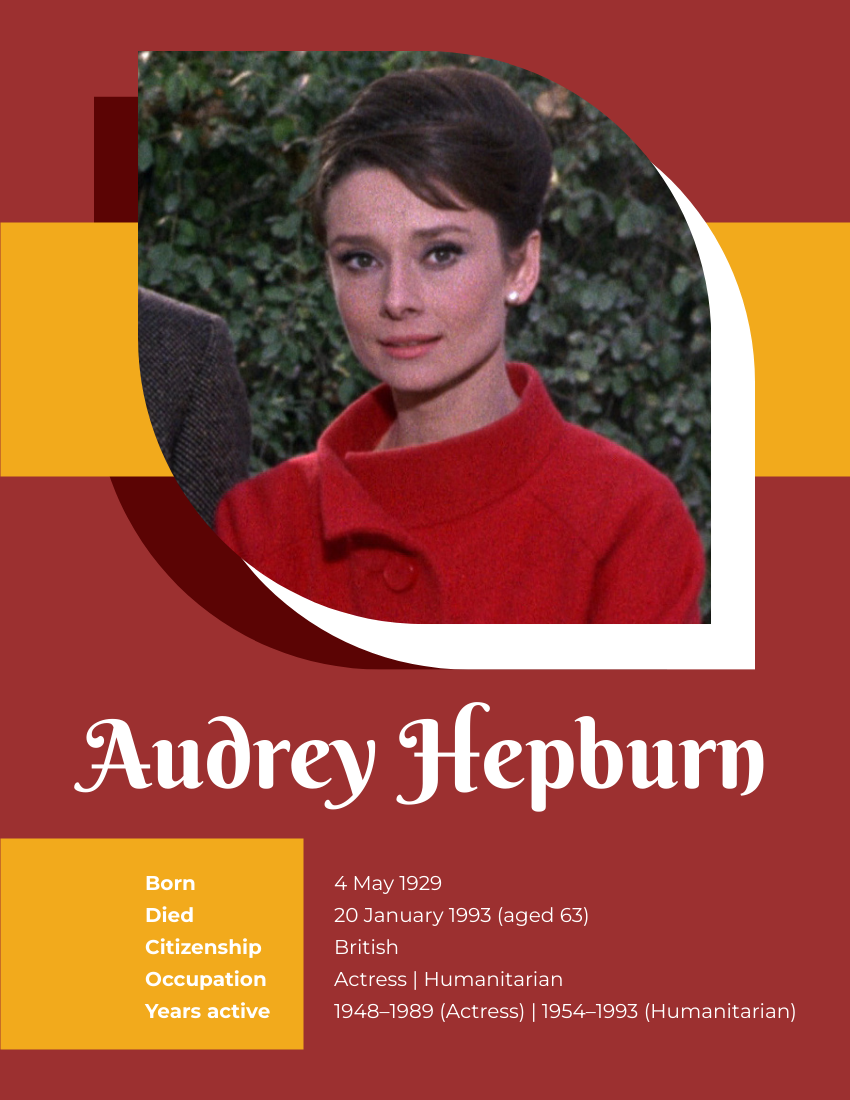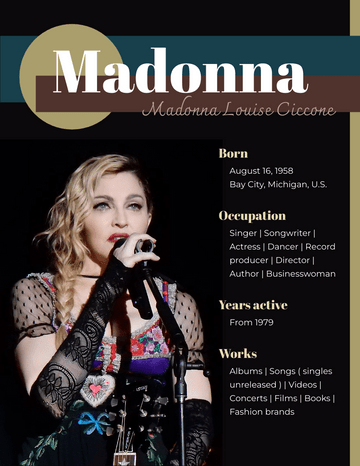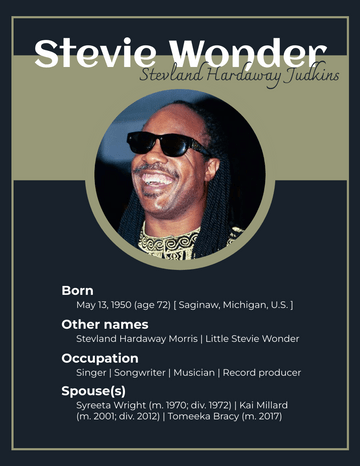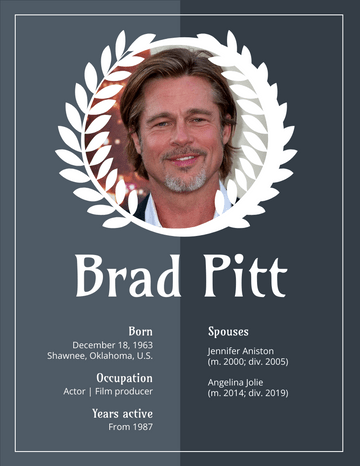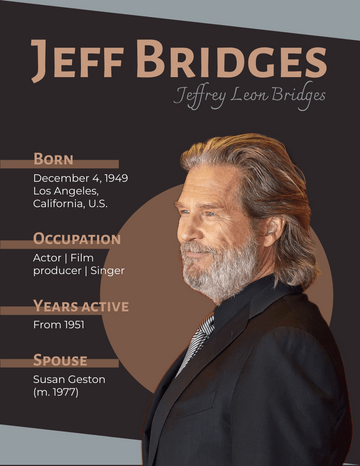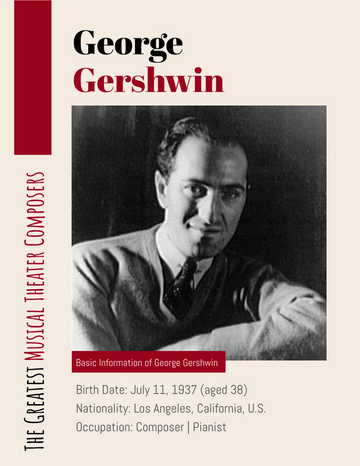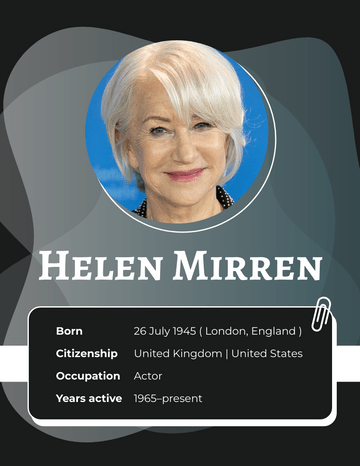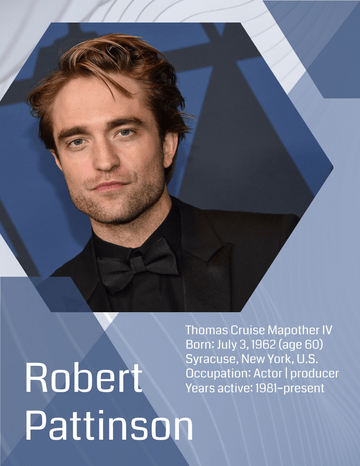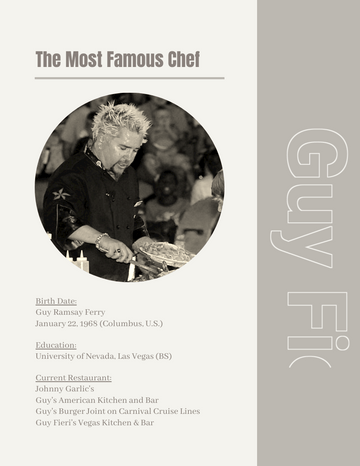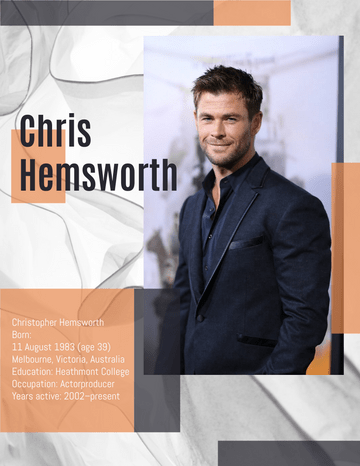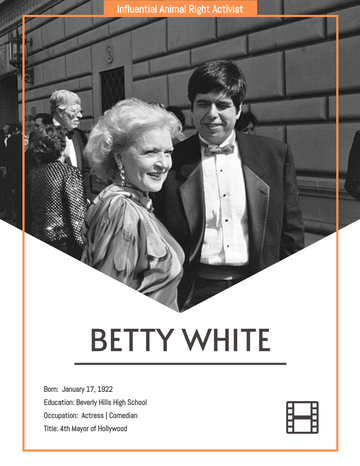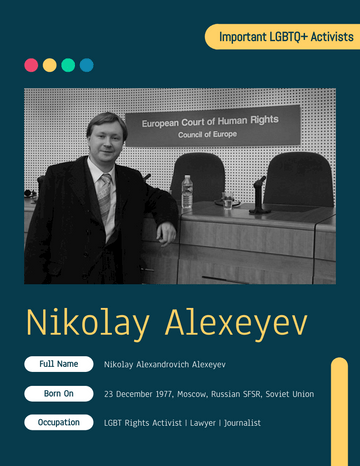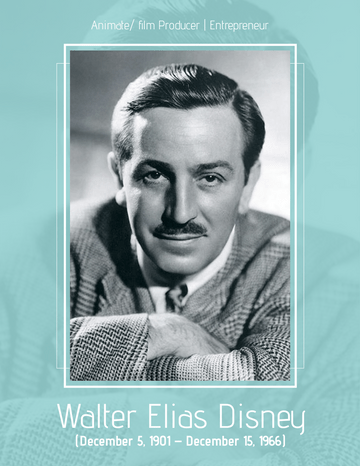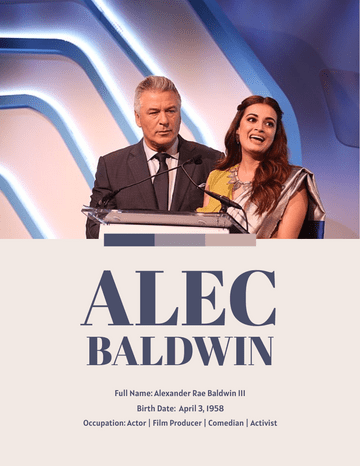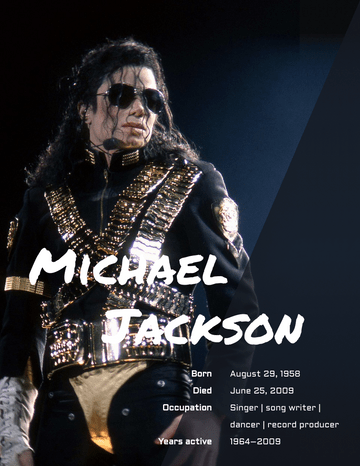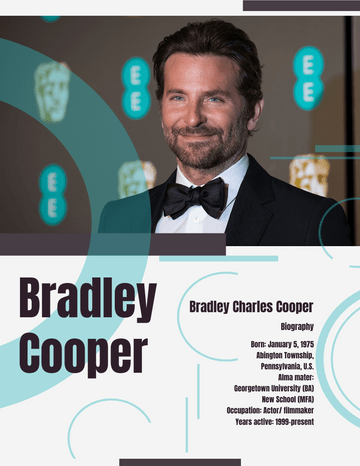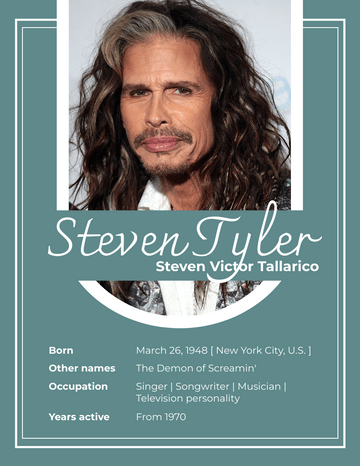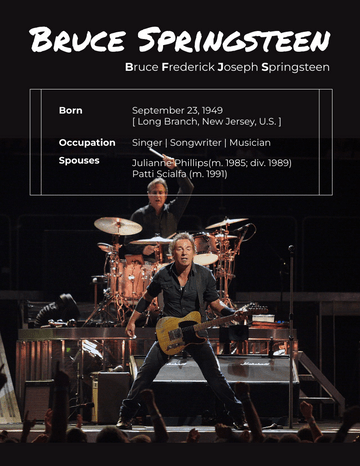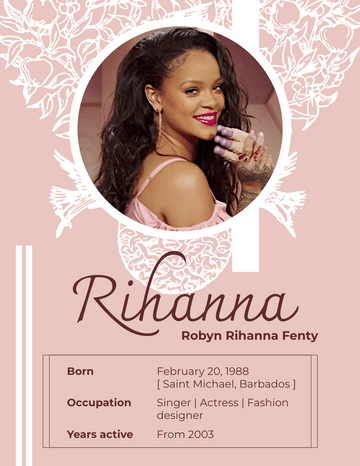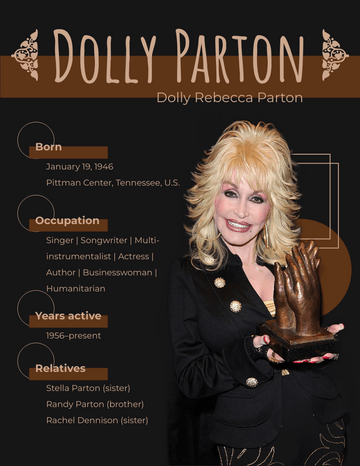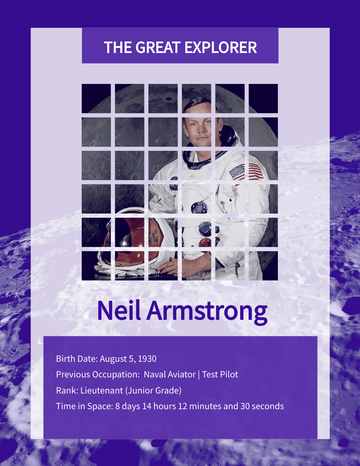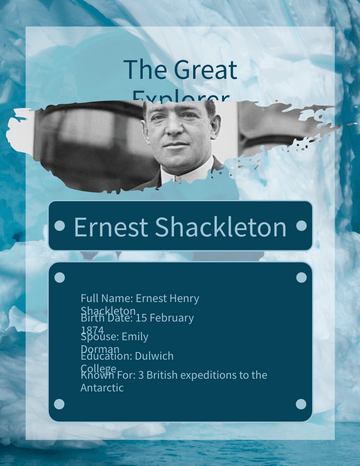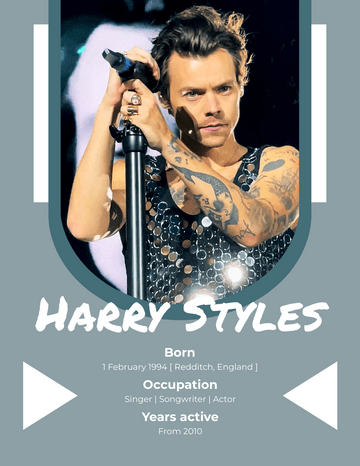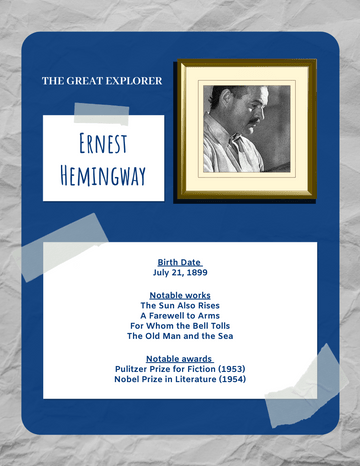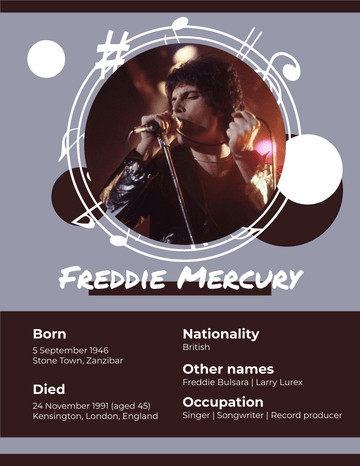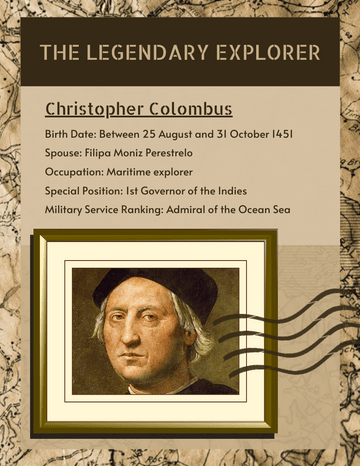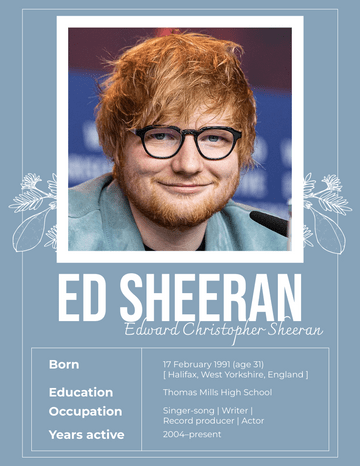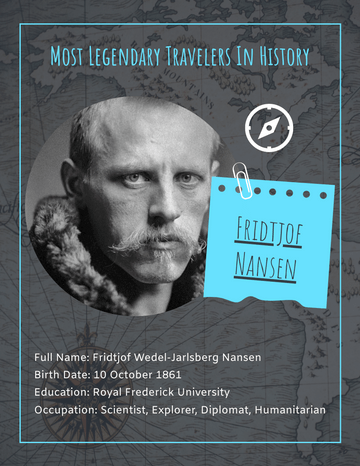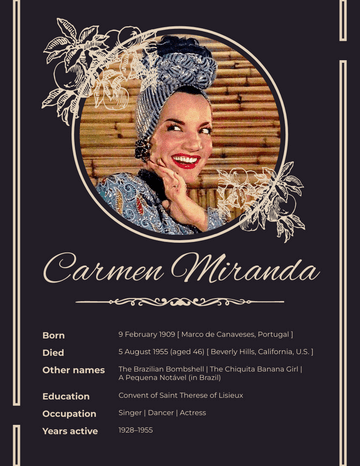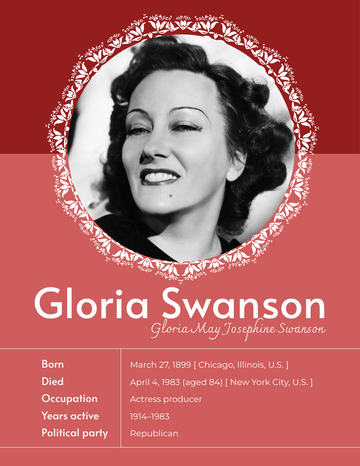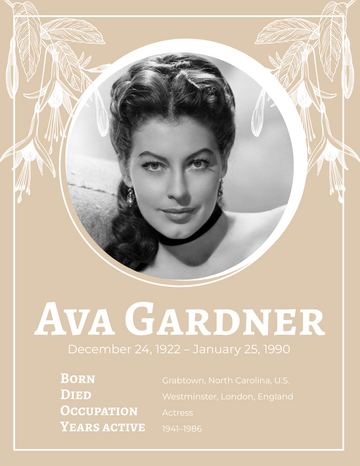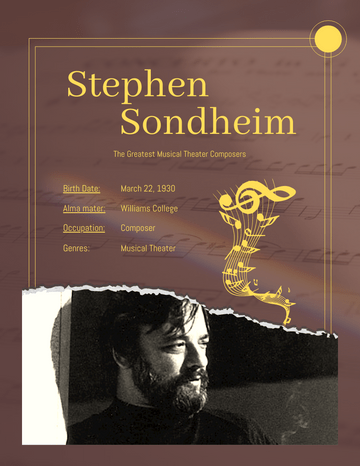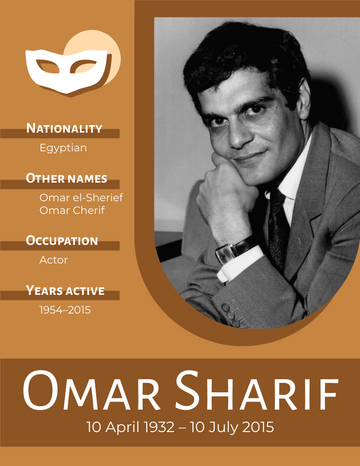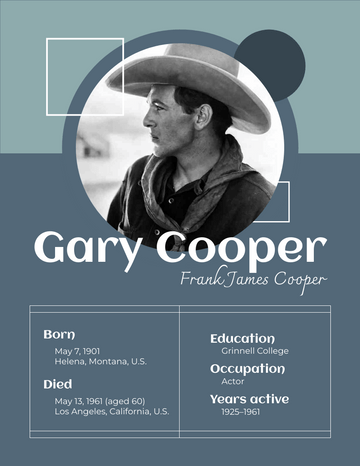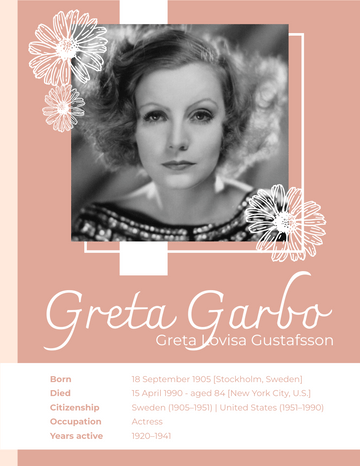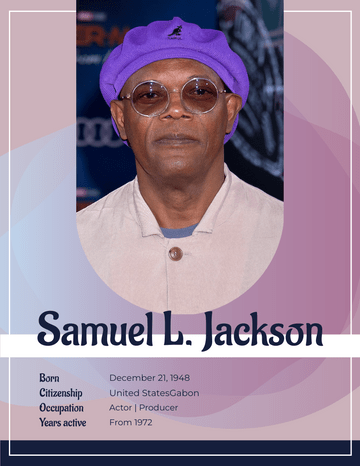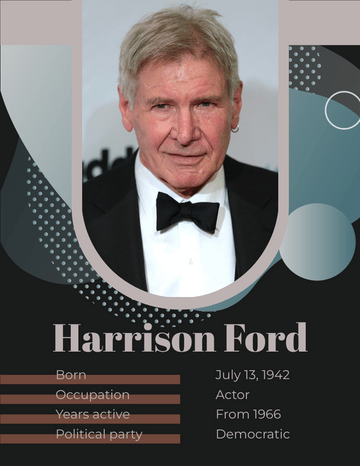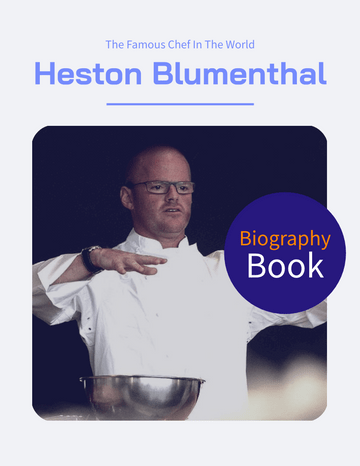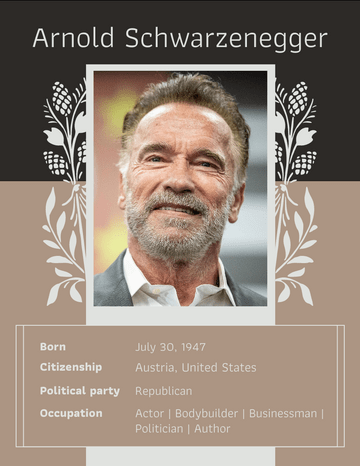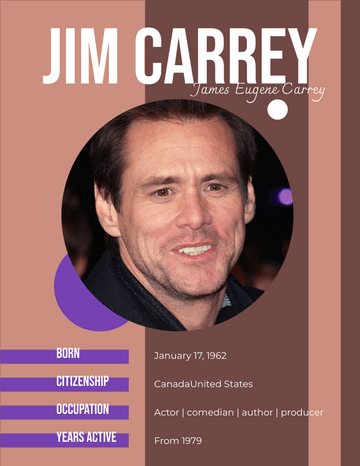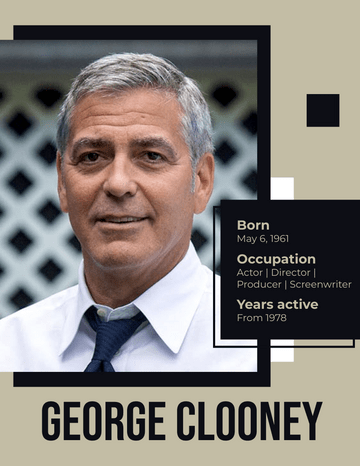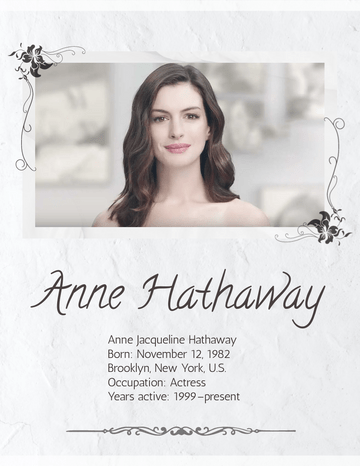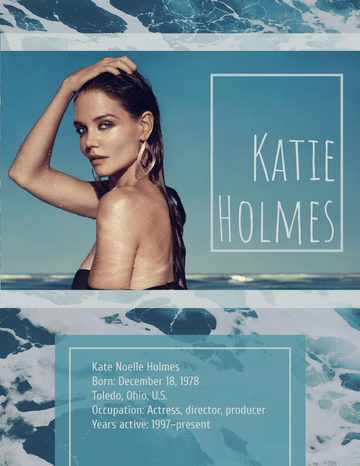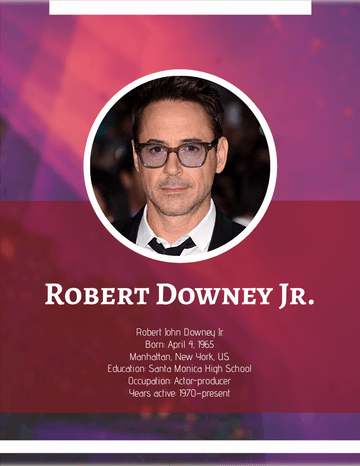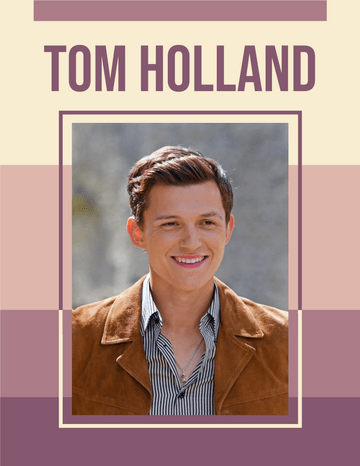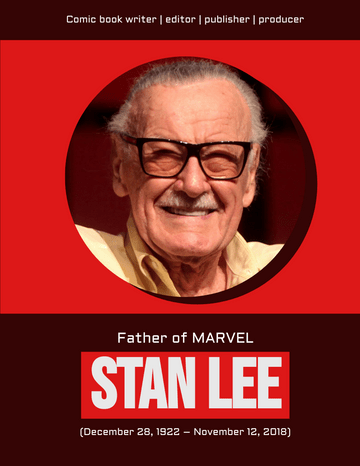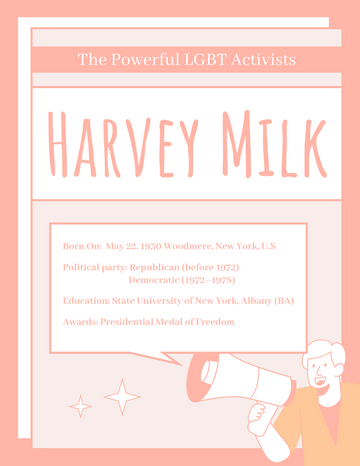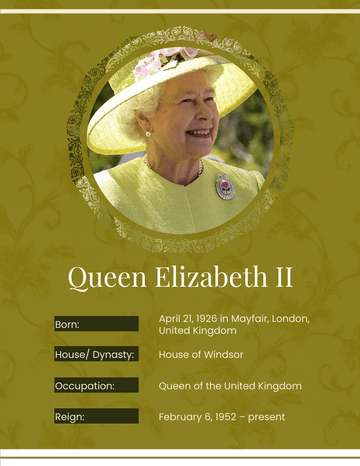Audrey Hepburn
Born: 4 May 1929
Died: 20 January 1993 (aged 63)
Citizenship: British
Occupation: Actress | Humanitarian
Years active: 1948–1989 (Actress) | 1954–1993 (Humanitarian)
Audrey Hepburn was a British actress and humanitarian. Recognised as both a film and fashion icon, she was ranked by the American Film Institute as the third-greatest female screen legend from the Classical Hollywood cinema and was inducted into the International Best Dressed List Hall of Fame.
Born in Ixelles, Brussels to an aristocratic family, Hepburn spent parts of her childhood in Belgium, England, and the Netherlands. She studied ballet with Sonia Gaskell in Amsterdam beginning in 1945, and with Marie Rambert in London from 1948. She began performing as a chorus girl in West End musical theatre productions and then had minor appearances in several films. She rose to stardom in the romantic comedy Roman Holiday (1953) alongside Gregory Peck, for which she was the first actress to win an Oscar, a Golden Globe Award, and a BAFTA Award for a single performance. That year, she also won a Tony Award for Best Lead Actress in a Play for her performance in Ondine.
Click here to read the flipbook.
Acting Career
She went on to star in a number of successful films such as Sabrina (1954), in which Humphrey Bogart and William Holden compete for her affection; Funny Face (1957), a musical where she sang her own parts; the drama The Nun's Story (1959); the romantic comedy Breakfast at Tiffany's (1961); the thriller-romance Charade (1963), opposite Cary Grant; and the musical My Fair Lady (1964). In 1967 she starred in the thriller Wait Until Dark, receiving Academy Award, Golden Globe, and BAFTA nominations.
After that, she only occasionally appeared in films, one being Robin and Marian (1976) with Sean Connery. Her last recorded performances were in the 1990 documentary television series Gardens of the World with Audrey Hepburn for which she won a Primetime Emmy Award for Outstanding Individual Achievement – Informational Programming.
Humanitarian Career
In the 1950s, Hepburn narrated two radio programmes for UNICEF, re-telling children's stories of war. In 1989, Hepburn was appointed a Goodwill Ambassador of UNICEF. On her appointment, she stated that she was grateful for receiving international aid after enduring the German occupation as a child, and wanted to show her gratitude to the organisation.
Hepburn's first field mission for UNICEF was to Ethiopia in 1988. She visited an orphanage in Mek'ele that housed 500 starving children and had UNICEF send food. In August 1988, Hepburn went to Turkey on an immunisation campaign. She called Turkey "the loveliest example" of UNICEF's capabilities. Hepburn toured Central America in February 1989, and met with leaders in Honduras, El Salvador, and Guatemala. In April, she visited Sudan with Wolders as part of a mission called "Operation Lifeline"
